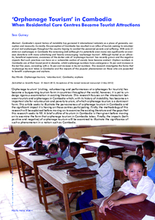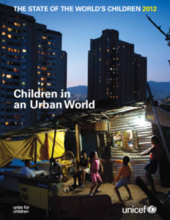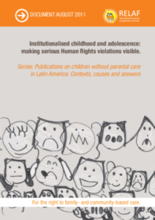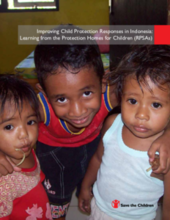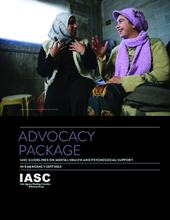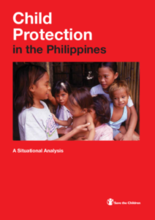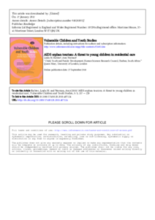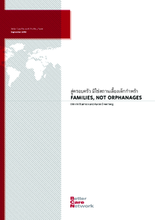Displaying 401 - 410 of 469
This study from CESVI examines the magnitude and characteristics of child labor in Kenya, particularly the “worst forms of child labour (WFCL) in Kenya,” with a focus on the urban context of Nairobi and on the rural context of the Nyanza province.
This research investigates the forms that ‘orphanage tourism’ takes in Cambodia and the impacts of this popular phenomenon on those who are purported to benefit: orphanages and orphans.
This study was designed to illuminate the different manifestations of transactional sexual exploitation and abuse among Rwanda's children in order to inform effective responses by policies, programs, and communities.
This report provides data on children living in urban settings, including statistics, conditions, and personal testimonies. The report also includes UNICEF’s recommendations for policy regarding children in urban settings, working with this population, and for future action. Sections that are relevant to children’s care include: children living and working on the streets, migrant children, urban emergencies, and many more.
This paper, produced by RELAF, is part of a series of publications on children without parental care in Latin America: Contexts, causes and answers. This document, and others in the series, pertains to the broad topic of children without parental care and examines the particular situation of institutionalised children.
This report reviews the role and practice of State-established child protection residential institutions in Indonesia focused on providing services for children defined as being in need of special protection under the Child Protection law, in particular child victims of abuse, neglect or exploitation including victims of trafficking.
This Advocacy Package explains what the IASC guidelines are and how they are to be used, highlights the key campaigning activities, key messages for communities, donors, UN Agencies and Non-Governmental organisations, clarifies terminology and provide ideas for country level implementation.
This situational analysis was commissioned by the Child Protection Initiative as a preliminary exercise to develop evidence-based recommendations to guide Save the Children in the Philippines to develop interventions. Priority areas are children in residential care, children in armed conflict and disasters, children in situations of migration (including for trafficking purposes), and children in exploitative and hazardous work conditions.
This article reviews the current discourse on what is being called a crisis of care for children, as well as literature on out-of-home/family care and its adverse impacts on child development. The article also describes an emerging “AIDS orphan tourism” and highlights its negative impacts.
With particular attention to lower income countries, Families, Not Orphanages examines the mismatch between children’s needs and the realities and long-term effects of residential institutions.


